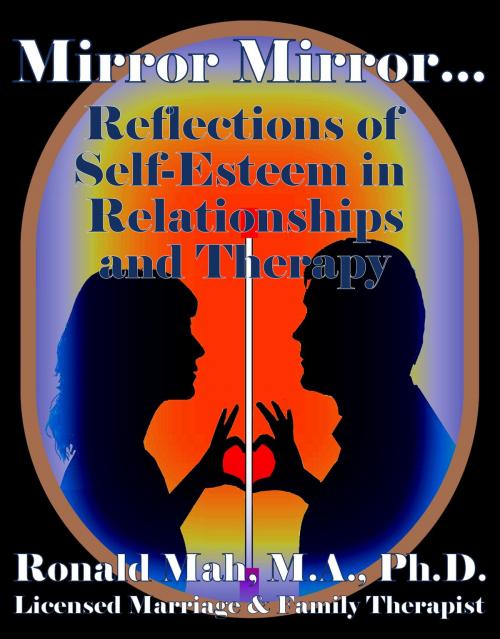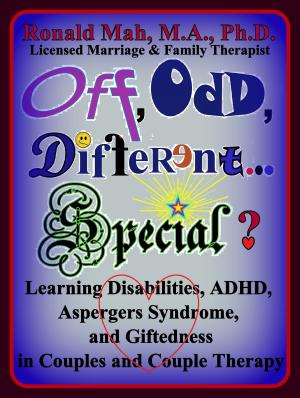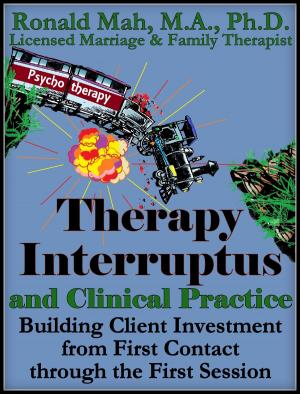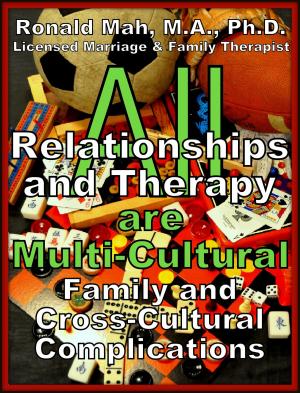Mirror Mirror… Reflections of Self-Esteem in Relationships and Therapy
Nonfiction, Health & Well Being, Psychology, Counselling, Family & Relationships, Family Relationships, Conflict Resolution| Author: | Ronald Mah | ISBN: | 9781311035271 |
| Publisher: | Ronald Mah | Publication: | March 17, 2014 |
| Imprint: | Smashwords Edition | Language: | English |
| Author: | Ronald Mah |
| ISBN: | 9781311035271 |
| Publisher: | Ronald Mah |
| Publication: | March 17, 2014 |
| Imprint: | Smashwords Edition |
| Language: | English |
Mirror Mirror… Reflections of Self-Esteem in Relationships and Therapy. The request for communications oriented therapy often assumes a need for self-esteem focused therapy. Poor communication directly harms self-esteem and relationships as individuals poorly mirror each other. Comment, complaining, criticizing, contempt, defensiveness, disconnecting emotionally, and divorce are both stages of relationship devolution, but also concepts to assess communication dynamics, relationships, and direct therapy. Blocked or inappropriate expression or feelings, covert communication, open versus closed communication, congruence and connection, stances, games, and dysfunctional rules and rituals are examined for recognizing key relationship problems and therapeutic strategies. The development of self-esteem, relationship to socialization, the Four Principles of Self-Esteem, and mutually reciprocal affects between confrontation and conflict lead to two specific tools: the Four Honorings of Communication and the Working It Out Plan for therapy. In addition, the book presents the eight-step process to build the self-reflective foundations of self-esteem and the projective formulative seven-step process of self-esteem and the 90-Second-A-Day Self-Esteem Prescription Plan.
Mirror Mirror… Reflections of Self-Esteem in Relationships and Therapy. The request for communications oriented therapy often assumes a need for self-esteem focused therapy. Poor communication directly harms self-esteem and relationships as individuals poorly mirror each other. Comment, complaining, criticizing, contempt, defensiveness, disconnecting emotionally, and divorce are both stages of relationship devolution, but also concepts to assess communication dynamics, relationships, and direct therapy. Blocked or inappropriate expression or feelings, covert communication, open versus closed communication, congruence and connection, stances, games, and dysfunctional rules and rituals are examined for recognizing key relationship problems and therapeutic strategies. The development of self-esteem, relationship to socialization, the Four Principles of Self-Esteem, and mutually reciprocal affects between confrontation and conflict lead to two specific tools: the Four Honorings of Communication and the Working It Out Plan for therapy. In addition, the book presents the eight-step process to build the self-reflective foundations of self-esteem and the projective formulative seven-step process of self-esteem and the 90-Second-A-Day Self-Esteem Prescription Plan.















